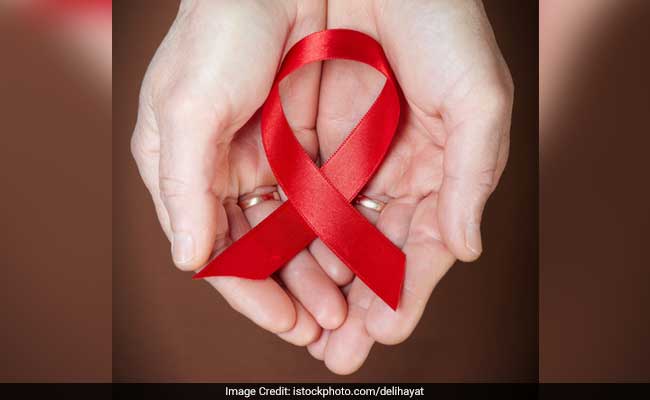As per the study, your immune system releases certain autoimmune antibodies which might make protective antibodies against HIV.

The immune system produces antibodies which possibly paves way for HIV virus
Contrary to the general belief, a new study at the University of Colorado found that the process protecting the body from autoimmune disease may also prevent it from fighting the deadly virus HIV-1. While most of the previous researches on HIV were premised upon boosting immunity to fight the virus, this new research says that your immune system might be allowing HIV-1 virus to enter your body. According to the researchers, this study might help scientists and microbiologists to create a vaccine that stimulates the production of antibodies to neutralize the HIV-1 virus.
An Unusual Mechanism
Patients suffering from HIV-AIDS develop broadly neutralizing antibodies (or bNAbs) that protect against a variety of HIV-1 strains by recognizing a protein on the surface of the virus. However, this protein only develops after several years of infection.
Because of shared features of HIV-1 bnAbs, there is an inability to make protective antibodies against HIV because the immune system obstructs their production. This prevents the body from creating self-reactive anti-bodies that cause autoimmune diseases like systematic lupus erythematosus. But patients infected with lupus have shown slower rates of HIV-1 infection which is caused by self-reactive antibodies that recognize and neutralize HIV-1. This whole process in known as Immunological tolerance.
Also Read Some Vaginal Bacteria May Render HIV Drug Ineffective
Molecular Mimicry
The researchers used mice with genetic defects of lump-like symptoms to test their theory to understand how the body responds to HIV-1. "We wanted to see if people could make a protective response to HIV-1 without the normal restraint forged by the immune system to prevent autoimmunity", Raul M. Torres, professor of immunology and microbiology at the University of Colorado School of Medicine, said in a press release.
The production of HIV-neutralizing antibodies was linked to the levels of a self-reactive antibody that quickly identifies the chromosomal protein Histone H2A.
Calling it a case of molecular mimicry, Dr Torres said, "This is one of those cases where the virus evolves to mimic or look like a protein, which makes it difficult to develop a suitable vaccine for it. However, breaching peripheral immunological tolerance permits the production of cross-reactive antibodies which are able to neutralize HIV-1."
Also Read Young People With HIV Can Now Live Longer
However, scientists are yet to determine its relevance for HIV immunity with humans because the research was done on mice and other animals.
"The primary consideration will be determining whether immunological tolerance can be temporarily relaxed without leading to detrimental autoimmune manifestations and as a means to possibly elicit HIV-1 bNAbs with vaccination", said Dr Torres.
(With inputs from ANI)
DoctorNDTV is the one stop site for all your health needs providing the most credible health information, health news and tips with expert advice on healthy living, diet plans, informative videos etc. You can get the most relevant and accurate info you need about health problems like diabetes, cancer, pregnancy, HIV and AIDS, weight loss and many other lifestyle diseases. We have a panel of over 350 experts who help us develop content by giving their valuable inputs and bringing to us the latest in the world of healthcare.














